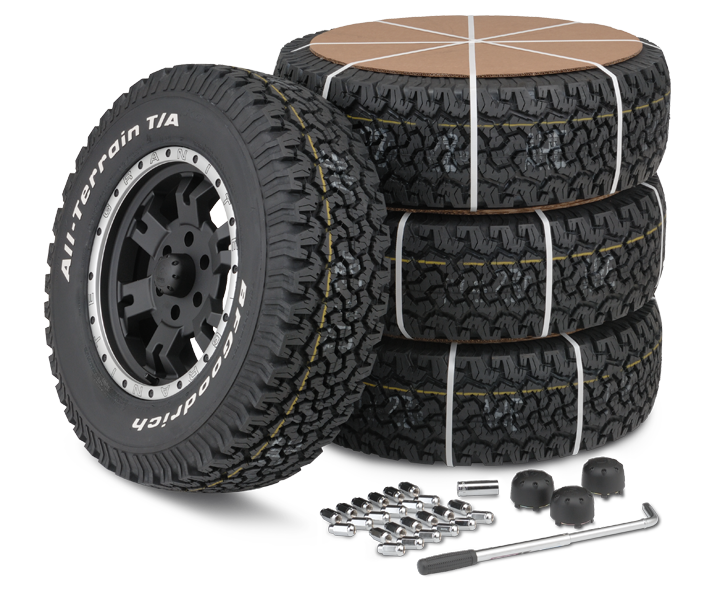Check Out Exclusive Mopar Tire Service Specials in Morris Today
Check Out Exclusive Mopar Tire Service Specials in Morris Today
Blog Article
Tire Service: Understanding Tire Stress Monitoring Equipments
Comprehending Tire Stress Surveillance Equipments (TPMS) is an important aspect of keeping optimal lorry efficiency and safety when driving. With developments in vehicle modern technology, TPMS has become a typical function in modern cars, supplying real-time information on tire pressure degrees. Diving deeper into the complexities of TPMS, one can reveal the numerous elements that comprise this system and the importance of each in making certain exact surveillance. From direct to indirect TPMS systems, the landscape of tire pressure tracking is varied, each with its special set of considerations and advantages. Stay tuned to untangle the complexities of TPMS, from upkeep pointers to the undeniable benefits of maintaining your tires properly blew up. mopar tire service specials.

Significance of TPMS
The significance of Tire Pressure Tracking Equipments (TPMS) exists in their capability to enhance car safety and performance via real-time monitoring of tire pressure degrees. Preserving the appropriate tire pressure is vital for making sure optimal handling, stopping, and general safety and security of a vehicle. TPMS offers chauffeurs with prompt comments on any underinflated or overinflated tires, allowing for prompt adjustments to be made.
Elements of TPMS
Consisting of numerous vital elements, a Tire Stress Monitoring System (TPMS) operates as an advanced security function in modern vehicles. The major elements of a TPMS include sensing units, a control module, and a warning sign. Sensing units are commonly located in the tire shutoff stem or connected to the wheel setting up, where they measure tire stress and send data to the control module. The control module processes this details and sets off a warning if it spots significantly reduced pressure in any of the tires. The warning indication, often a sign on the control panel, alerts the chauffeur to inspect the affected tire or tires. Some progressed TPMS designs additionally show the real tire stress analyses for each tire, providing vehicle drivers with real-time details to make sure ideal tire performance and security. By keeping an eye on tire stress continuously, TPMS aids protect against mishaps, lowers tire wear, and enhances fuel effectiveness, making it a crucial element for car safety and performance.
Kinds of TPMS

On the other hand, indirect TPMS relies upon the car's wheel rate sensors to check tire stress. This system spots underinflation by contrasting the rotational rates of the wheels. Indirect TPMS is less costly than direct TPMS, as it makes use of existing sensing units within the car.
While direct TPMS uses much more precise analyses, indirect TPMS is easier in design and usually needs much less upkeep. Both systems have their limitations and advantages, and the choice in between them frequently depends upon aspects such as expense, vehicle make, and individual choice. Comprehending the differences in between these two types of TPMS can aid automobile proprietors make notified choices pertaining to tire upkeep and safety.
TPMS Maintenance Tips
Conduct routine checks on the tire pressure levels and contrast them with the TPMS analyses to guarantee they are consistent. During tire rotation or substitute, make certain that the TPMS parts are managed very carefully to prevent any type of prospective damages. If the TPMS cautioning light illuminates on the dashboard, address the issue immediately by checking the tire stress and the general system for any type of faults.
Benefits of Correct Tire Stress
Preserving proper tire pressure, as read review emphasized in TPMS Maintenance Tips, is important for reaping the countless benefits related to ideal tire stress degrees. Among the primary benefits of preserving the right tire stress is improved gas performance. When tires are properly inflated, there is much less rolling resistance, bring about better fuel economic climate. Furthermore, appropriate tire stress ensures also tire wear, prolonging the lifespan of the tires and promoting much safer driving conditions. With the appropriate tire stress, automobiles additionally have far better handling and traction, specifically in negative climate conditions. This can boost overall driving efficiency and safety and security for the driver and travelers. Maintaining optimum tire pressure can add to a smoother and more comfortable ride by reducing resonances and sound created by underinflated tires. In final thought, the advantages of appropriate tire stress exceed simply tire durability; they encompass improved gas efficiency, enhanced security, much better automobile performance, and total driving convenience.
Final Thought
In conclusion, comprehending tire pressure tracking systems (TPMS) is critical for keeping optimal tire stress and making sure vehicle safety and security. By identifying the value of TPMS, knowing with its components, understanding the various types readily available, adhering to proper maintenance tips, and realizing the benefits of keeping proper tire stress, vehicle drivers can improve their driving experience and prolong the lifespan of their tires. Proper tire stress is essential to effective and risk-free vehicle procedure.

Report this page